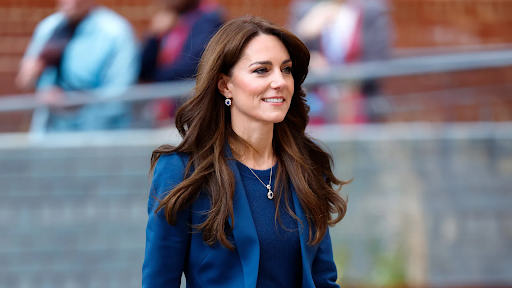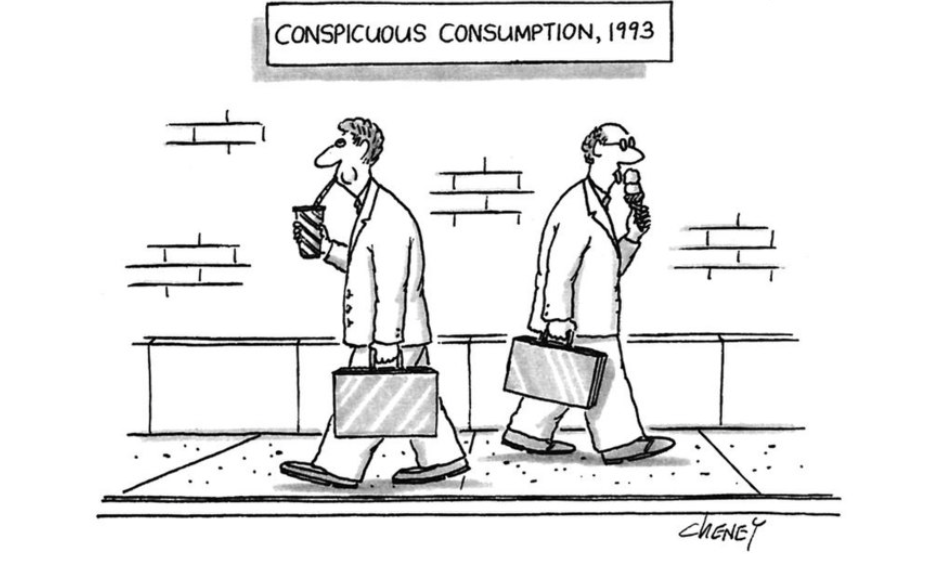COP26 2021- Success or Not Quite?

December 12, 2021

From November 1 and to November 13th, 2021, Glasgow, Scotland held the 26th Conference of the Parties summit— where leaders of nations who signed the United Nations Framework Convention on Climate Change in 1992— known as COP26—came to discuss pressing climate matters (National Grid). COP26 was held by the UK and Italy and was anticipated to be a pivotal moment in the fight against climate change. However, there is some dispute over whether or not the conclusions reached will suffice.
The COP meeting held in Paris in 2015 introduced the Paris Agreement, signed by almost 200 leading countries. This negotiation, in short, expressed agreement amongst these countries to make an effort to not go beyond a 1.5-degree Celsius (2.7 degrees Fahrenheit) rise in climate temperature. In order to do so, countries created their own nationally determined contributions (NDCs) regarding what they would do over the next five years to mitigate global warming. At this year’s COP26 conference, it was revealed which countries made progress and which fell short on their end of the agreement (China Dialogue).
Thus, the pressure was on for COP26 president Alok Sharma as well as all of the countries involved in this monumental meeting. It is estimated that emissions need to be reduced by at least 45% by 2030 in order to meet the mark of keeping temperatures under a 1.5 °C degree increase (NPR). Leaders of poorer nations hoped that their richer counterparts would take responsibility for the emissions that they contributed, which have had the most catastrophic consequences on said poorer nations. The consensus reached on November 13th has the potential to accomplish what is needed, but experts worry that leading nations will not follow through on their commitments and lead the world down a very dangerous path.
To understand what did not happen at COP26, it is important to note what did happen. Many countries leading in emissions agreed to put their climate plans on the fast track with the hope to make up for losses and get ahead of the impending doom of climate change. A representative from the Marshall Islands Tina Stege lamented to the committee, “The safety of my children and yours hangs in the balance. It’s time for us to level up. We need to keep returning to the table” (NPR). There was also a tentative plan set in motion to completely eliminate the use of fossil fuels, a major contributor to greenhouse gas emissions and ultimately the deterioration of the ozone layer. However, despite the accomplishments that they did make, many people fear that there was not a significant enough effort made towards truly reducing the impact of the climate crisis. For instance, there was a lack of recompense for poor countries who have suffered the worst effects of intense weather patterns and other natural disasters as a result of climate change by the wealthier countries— who are shown to have contributed more emissions. In conjunction with leaders from China, U.S. Climate Envoy John Kerry agreed to significantly reduce their emissions. While this measure is a step in the right direction, both China’s and the United States’ pledges to reduce emissions will not be enough to stay under the 1.5 °C degree increase in global temperatures (NPR).
In summary, nearly 200 heads of state and nations met in Glasgow at the beginning of November for the COP26 conference, at which they discussed their updated plans of how they will take responsibility for the climate predicament in the coming years. Their conclusions, however, did not meet the expectations of experts, who now worry that there is not enough being done to inhibit the devastating repercussions of climate change.










































